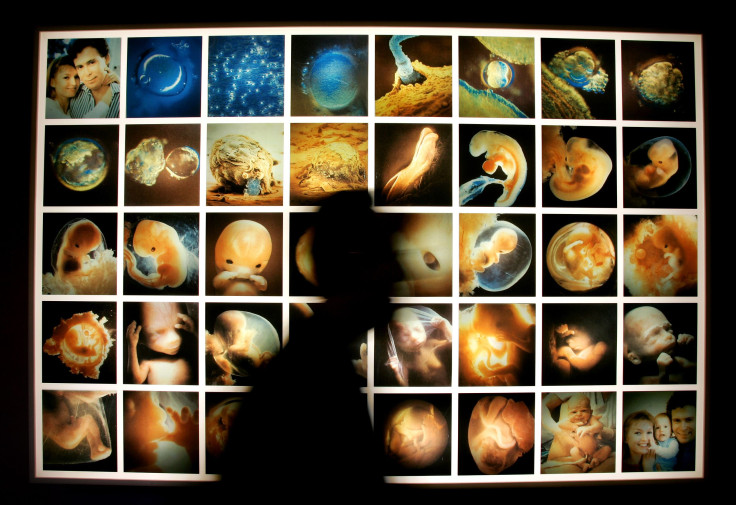Controversial Project To Build Synthetic Human Genome Proposed By Scientists

A group of 25 scientists Thursday launched a proposal to create a synthetic human genome, or a genetic blueprint.
The synthetic genome plan emerged from two closed-door meetings — one in New York City last year, and the other on May 10 at Harvard University, the Washington Post reported. The latest announcement was published in the journal Science Thursday.
The project aims to build such a synthetic genome and test it in cells in the laboratory within 10 years. The scientists clarified that their aim was not to create "made-to-order" human beings and stated numerous potential applications of the project — growing transplantable human organs, engineering immunity to viruses, engineering cancer resistance and accelerating vaccine and drug development using human cells and organs.
The controversial project is referred to as Human Genome Project–Write, after the original Human Genome Project that mapped human DNA for the first time in 2003. The earlier project cost $3 billion but the scientists said they expect the total cost of this project to be much lesser. They hoped to get $100 million in public and private funding to launch it this year.
The process would involve using chemicals to create the DNA present in human chromosomes.
According to the scientists, the new project “will include whole-genome engineering of human cell lines and other organisms of agricultural and public health significance, or those needed to interpret human biological functions.”
The group also includes experts from Harvard Medical School, the Massachusetts Institute of Technology, the U.S. government's Lawrence Berkeley National Laboratory, Johns Hopkins University School of Medicine, Yale University, the University of Edinburgh, Columbia University, the University of California at Berkeley, the University of Washington, Autodesk Bio/Nano Research Group, Bioeconomy Capital and other institutions, and is led by geneticist Jef Boeke of the New York University Langone Medical Center.
In the face of criticism, some scientists came in support of the project. “The project is not as controversial as some observers might be saying,” John Ward, University College London professor of synthetic biology, told Reuters.
“There is no call to make an entire human being,” said Ward, who is not involved in the project.
© Copyright IBTimes 2024. All rights reserved.












